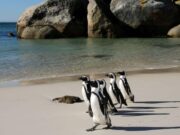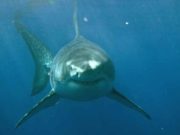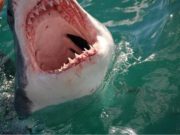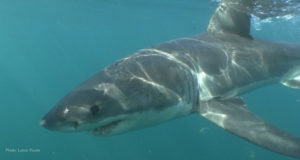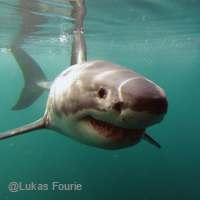Science
Are you a responsible wildlife traveler?
Unfortunately there is no single, globally accepted code of conduct for responsible wildlife tourism – travelers themselves need to take responsibility. Here are some guidelines.
1 Take...
Beached dead whales can alter the ocean’s carbon footprint
Decades of whaling and fishing for the largest species have altered the ability of oceans to store and sequester carbon.
An individual whale contains...
A great white shark can go through 20 000 razor sharp teeth in one...
When this predator comes for you, you don't see the shark, you just see two-inch triangular teeth. For decades this ancient hunting machine...
Protecting our critically endangered iconic African Penguins
From millions of African Penguins in the early 1900s, there are now only about 8,000 breeding pairs left
The African Penguin, the continent’s only...
Cheerful and chirpy Oystercatchers
The Oyster-catcher ( AFR: Swattobie) is one of those birds that cannot be confused with any of its neighbours, for its brilliant black...
Marine Tourism
Kitchen secrets of Ancient Mariner Cooks
The most reliable ships in the world in the 14th and early 15th century, and by far the biggest, were the Chinese junks.
An...
Barnacles – Bravehearts of the surfzone
Billions upon billions of attached animals like barnacles, mussels and oysters owe their very lives to the sweep of the tides for the...
Red Tide, Blue Tide: Bioluminescence in the Ocean
Red tides, which often contain harmful algal blooms , are caused by chemical reactions that occur between algae and other substances.
Red by day, blue...
Elusive leopard kill 33 penguins at Stony Point
Betties Bays’ elusive but well-loved leopard created havoc at the African penguin colony at Stony Point last week. Social media buzzed with excitement...
Beacons of Light on the Cape Whale Coast
Burning upon some hidden shore across the sea one night, A little reef, the captain said, he saw a shining light. He said...
